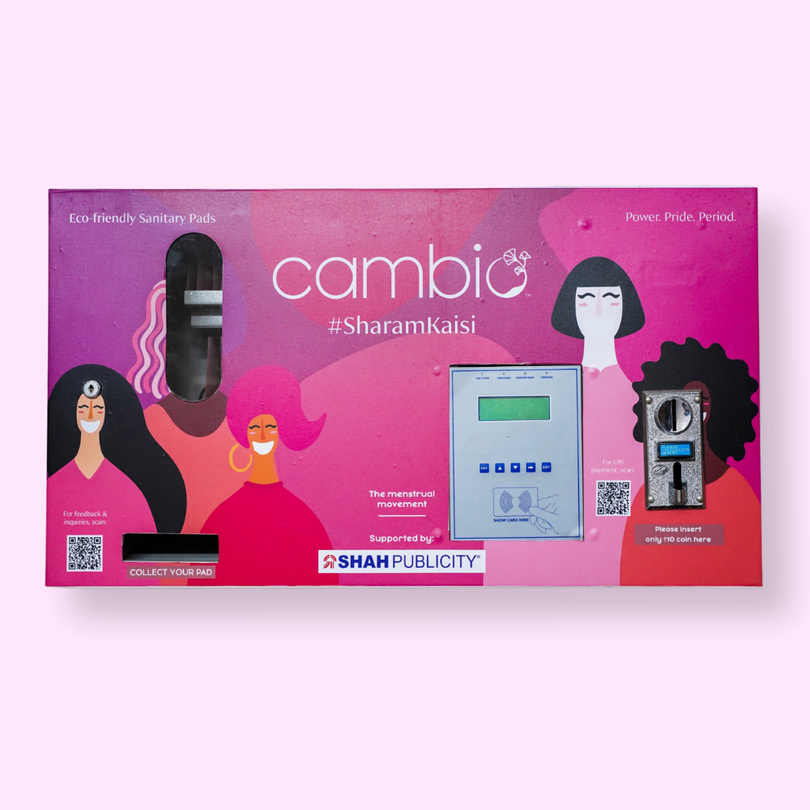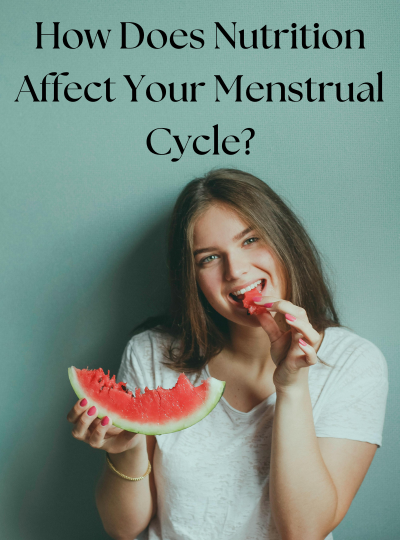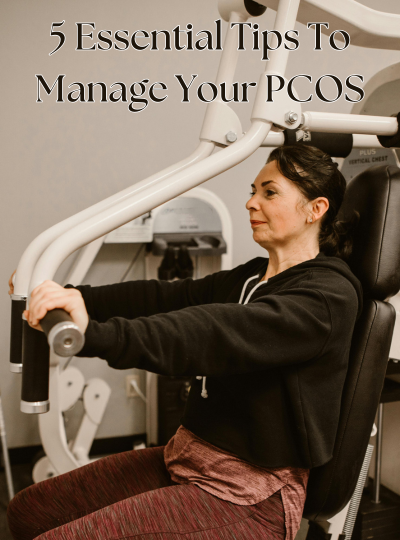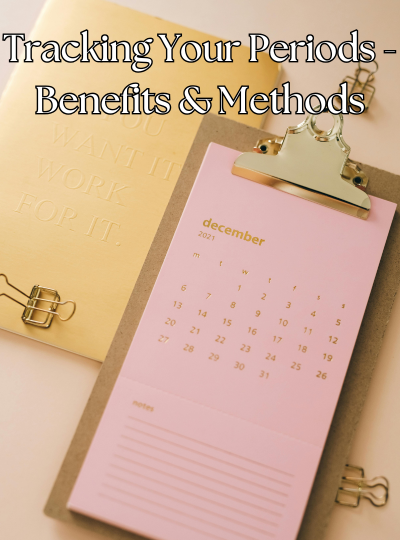Nutritional Considerations for a Healthy Menstrual Cycle
Taking care of yourself is important! Your diet, exercise routine, and overall lifestyle are key factors for your health and well-being, and maintaining healthy habits like eating mostly whole foods or getting in some daily activity can have tremendous impacts on your health.
Your menstrual cycle is an important function of your body in preparing for reproduction and regulating your hormones. They could also be a way your body communicates to you. Your period can also act as an indicator of the condition of your health. Early periods, delayed periods, excessive cramping, heavy flow, and other menstrual disorders can convey that something is amiss in your body.
Research shows that healthy nutritional habits can counteract PMS and period symptoms and help reduce the intensity of cramps, prevent bloating and dizziness, and keep energy levels stable.
One cross-sectional study found that a majority of women with menstrual disorders have several nutritional deficiencies including deficiencies in protein, vitamin K, vitamin B3 and vitamin B5.
In this article, we break down the best practices you can implement regarding your food intake to support a healthy and regular menstrual cycle.
Should my diet change according to my menstrual cycle?
The menstrual cycle is divided into four phases: menstruation, follicular, ovulation, and luteal. While each of these phases may bring on shifts in the body’s hormone levels, it is not always necessary to adjust your diet according to where you are in your menstrual cycle.
Having a diet that is consistent in nutrients throughout the month is more important for your menstrual health than tailoring your diet according to your cycle.
That said, for those who are looking to optimize their health and functioning at each stage of their cycle, here is a guideline for what to prioritize during each stage:
|
Phase |
Effects on Body |
Key Required Nutrients |
Recommended Foods |
|
Menstruation |
Blood loss, exhaustion, cramps |
Vitamin C, iron, magnesium |
Dark chocolate, leafy green vegetables, lentils, beans |
|
Follicular |
Rise in estrogen |
Omega-3 fatty acids, fibre |
Chia and flax seeds, walnuts, soyabeans |
|
Ovulation |
Increase in LH, release of egg |
Vitamin D, zinc |
Mushrooms, eggs, fish, fruits, vegetables |
|
Luteal |
Drop in hormonal levels, onset of PMS |
Vitamin B6, saturated fats |
Avocado, nuts, seeds, lentils, oats |
Why is the diet important during periods?
- Balancing Hormones - Eating a diet rich in nutrients like magnesium, iron, omega-3 fatty acids can help reduce the chances for hormonal imbalances, as these and other nutrients play a crucial role in hormone production and regulation.
- Managing Symptoms - A well-balanced diet can reduce the intensity of PMS symptoms like bloating, cramps, exhaustion, and mood swings. It’s important to prioritize eating healthy throughout the month and not just switching over during the luteal phase.
- Maintaining Energy Levels - Ensuring that you consume an adequate amount of calories through carbohydrates, protein and fats can help keep your energy levels stable as your body needs more resources during your periods. Prioritize complex sources of carbohydrates to avoid sugar crashes and maintain energy for a sustained period.
- Reducing Cravings - Period cravings are real! Your hormonal changes during menstruation can trigger cravings for foods high in salt, sugar and saturated fats. By eating whole foods rich in protein and fibre, you’ll feel satiated for longer and can make better food choices.
- Preventing Excessive Blood Loss - An average of 60 mL of blood is lost during menstruation. If your flow is heavy and you lose more blood, you may be at risk for developing an iron-deficiency. Foods rich in iron like leafy greens, legumes and lean meats can help prevent iron-deficiency anemia.
- Improving Mood - Eating a well-rounded diet with adequate nutrients and minerals supports brain health, neurotransmitter function as well as the regulation of serotonin and dopamine. This can help alleviate emotional PMS symptoms including mood swings and irritability.
Also read - Important things to avoid during periods
Nutrients to prioritize during menstruation
- Protein - Protein is essential for building and maintaining lean muscle mass. The amino acids from protein facilitate organ repair, hormone regulation and skin maintenance. Adequate protein also ensures that the uterine contractions during menstruation are efficient, and assists in the formation of the new uterine lining. An individual should aim to consume at least 1 gram of protein per kilogram of their ideal body weight.
- Vitamin D - Vitamin D plays multiple roles and is important for metabolism and ovulation. It also can help reduce pain from period cramps by reducing inflammation, and lower the severity of other PMS symptoms. If one is deficient in Vitamin D due to lack of sun exposure, you can consult with your doctor and opt for a supplement.
- Complex Carbohydrates - Carbohydrates are essential for providing the body with energy, which is required especially during periods. Complex carbohydrates from legumes, whole grains, fruits and vegetables provide the body with sustained and long-lasting energy.
- Fruits and Vegetables - These contain a variety of micronutrients and minerals which help to promote a healthy gut, reduce inflammation, regulate hormone levels. Fruits are also convenient to snack on during your periods and are a healthier alternative to packaged foods.

- Fats - Saturated fats from plant sources like nuts and seeds contribute to the formation of hormones like estrogen and progesterone among others. Omega-3 fats are unique in that they reduce inflammation and decrease the severity of PMS symptoms. They can be found in fish, coconut oil and walnuts.
- Iron - Iron is essential in producing red blood cells which carry oxygen around the body. Excessive blood loss during periods can cause iron deficiencies and anemic conditions, leading to exhaustion, dizziness and weakness. It’s important to eat iron-rich foods like leafy greens, lean meats and legumes to prevent any iron deficiencies.
Foods to avoid during menstruation
- Caffeine - Caffeine acts as a diuretic and can lead to dehydration if you’re not drinking enough water. For some menstruators, caffeine can worsen cramps, though this doesn’t happen to everyone.
- Salty foods - High sodium can contribute to bloating, swollen breasts and can worsen cramps. Limiting your salt intake during your periods can help make you feel lighter and more comfortable.
- Sugar - Eating foods high in sugar can spike your blood sugar, leading to crashes which can contribute to fatigue and mood swings. Your blood sugar can also impact your flow, contributing to menstrual irregularities. Instead of having foods with added sugar, you can consume fruits and dark chocolate to have more sustained spells of energy.
- Alcohol - Excessive alcohol intake can raise your estrogen beyond recommended levels, causing hormonal imbalances which can worsen period symptoms.
- Dairy - Dairy can cause bloating and digestive discomfort to some people. Arachidonic acid present in dairy can also increase inflammation in the body. The effects of dairy on your body would depend on whether you have a dairy sensitivity.
How can I balance period cravings and nutrition?
Firstly, period cravings are real! They likely occur due to the hormonal changes as confirmed by this study which concluded that estradiol levels were associated with higher carb intake, and progesterone levels were associated with higher sugar intake.
It’s not always wrong to indulge in your cravings as they might be your body’s way of telling you that you need more calories. It’s important to find the balance between eating the foods you want and the foods that are good for you in the long run.
If you crave something high in salt, you can make something crunchy like popcorn and add a reasonable amount of salt. If you crave sugar, you can have a fruit smoothie or some dark chocolate. You can either have your preferred food in moderation, or find a healthier alternative.
Read more
Can I have sex during periods?










